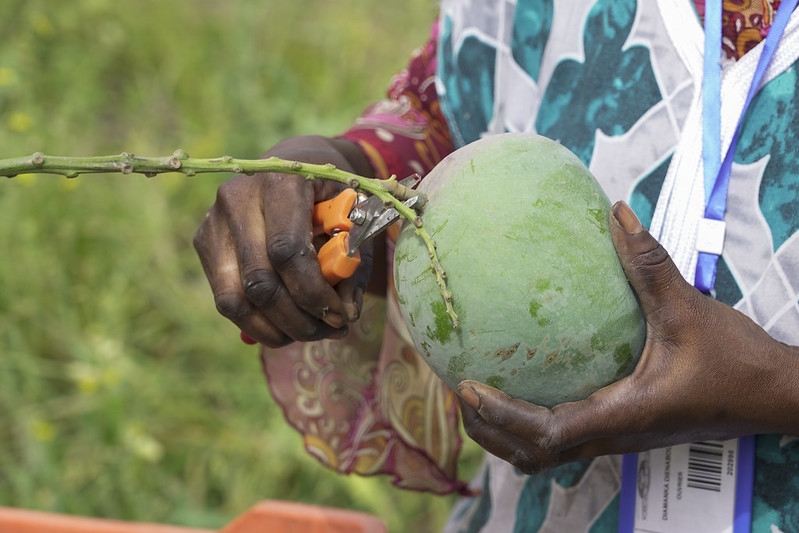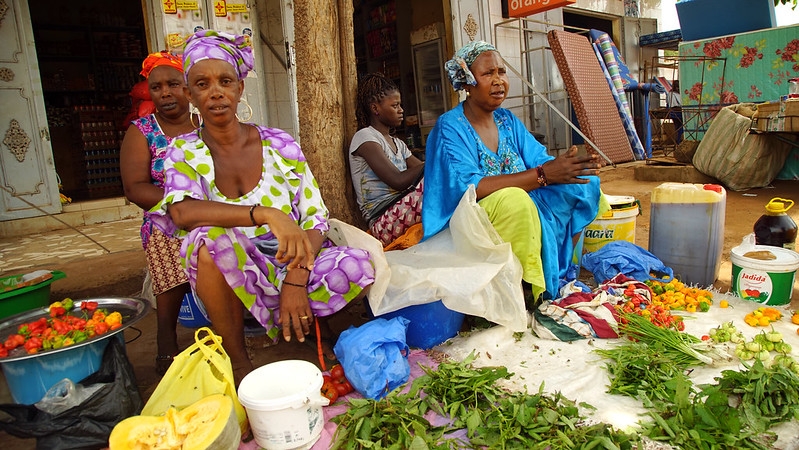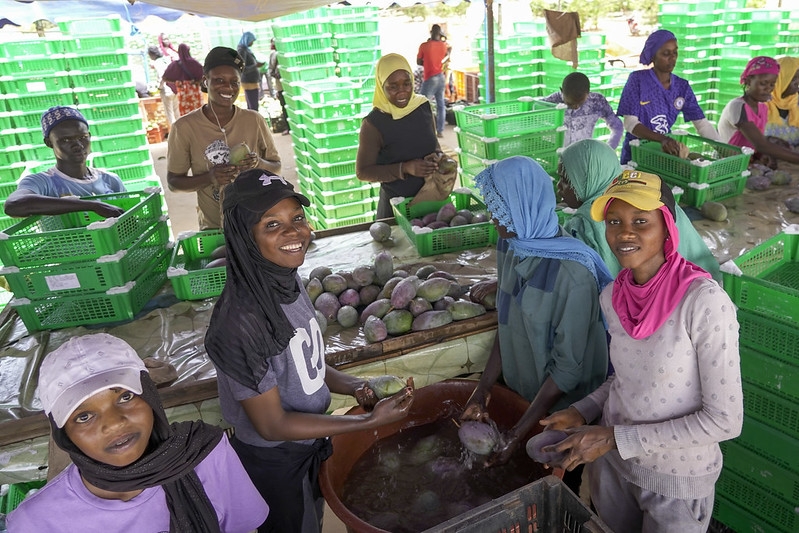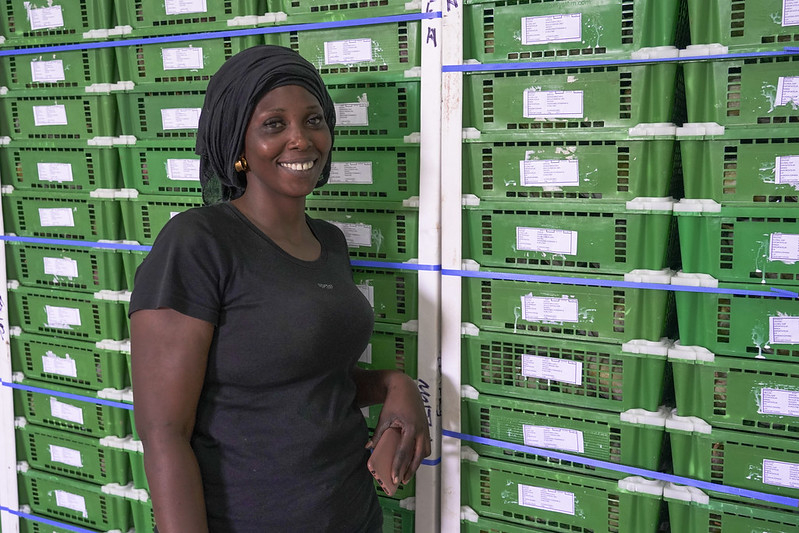Women play a critical role in agriculture and food production but often face barriers in accessing resources, training, and opportunities. To bridge these gaps, STDF projects promote a gender-mainstreaming approach in SPS capacity development, ensuring that women can actively participate in enhancing export potential and strengthening local agricultural markets, alongside other key players in the supply chain.
Integrating gender considerations into SPS policies and programmes empowers women to play a key role in meeting international SPS standards. This, in turn, strengthens key stakeholder participation across SPS systems, enhances compliance and expands trade opportunities.



Gender Mainstreaming in Action: Senegal’s Phytosanitary Capacity-Building Project
In Senegal, women are vital to the agricultural sector, accounting for 70% of the labour force1 and producing 80% of the food2. However, majority are limited in their ability to fully participate in and benefit from the agricultural sector’s growth. Addressing this disparity is essential for unlocking Senegal's agricultural potential and strengthening its position in global trade.
A strong example of gender mainstreaming to strengthen SPS systems is STDF’s phytosanitary capacity-building project in Senegal. Led by COLEAD and in partnership with the Directorate of Plant Protection (DPV), this initiative works to strengthen Senegal’s phytosanitary system in line with international SPS standards. By implementing International Plant Protection Convention (IPPC) standards, the project ensures that Senegalese exports meet international phytosanitary requirements, minimising the risk of harmful interceptions and enhancing the country’s reputation on the world market.
To promote more inclusive and sustainable results, the project positions gender as a cross-cutting priority across legal frameworks, capacity development and stakeholder coordination.
How Gender is Integrated
- Legal Frameworks: Gender considerations are explicitly included in the revision of phytosanitary legislation to ensure policies address the specific needs and challenges facing women in agriculture.
- Capacity Development: Strengthening the operational capacity of DPV and its Gender Unit to conduct gender-responsive planning, budgeting, and monitoring and evaluation of its programmes. In parallel, a part of the skills development activities, training programmes are designed to be accessible to women, and gender-specific indicators have been introduced to track the project's results on both women’s and men’s empowerment.
- Stakeholder Coordination & Awareness Raising: Gender awareness is systematically incorporated into stakeholder meetings to foster collective understanding and promote equality. Furthermore, women are represented by women's groups and associations of women entrepreneurs in various project consultations to ensure the inclusion of women's voices.

By embedding a gender-sensitive approach, this project aspires to make Senegal a regional model for inclusive agricultural practices that lead to improved food safety, plant health and trade outcomes. It plays a key role in advancing STDF's broader gender action plan, promoting a more inclusive approach to SPS capacity development for better results and greater impact. This strategy paves the way for a more resilient, equitable, and competitive agricultural sector—one that benefits all stakeholders and drives safe and inclusive trade.
1 Senegal_Increasing-Womens-Financial-Inclusion-and-Closing-the-Womens-SME-Credit-Gap-Through-Enabling-Financial-Policy-Regulation_2023.pdf
2 https://www.ifad.org/en/w/countries/senegal